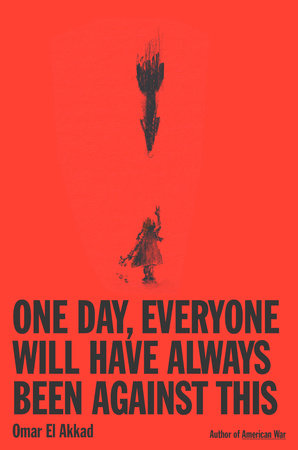More on this book
Community
Kindle Notes & Highlights
Read between
July 27 - July 31, 2025
Rules, conventions, morals, reality itself: all exist so long as their existence is convenient to the preservation of power. Otherwise, they, like all else, are expendable.
One of the hallmarks of Western liberalism is an assumption, in hindsight, of virtuous resistance as the only polite expectation of people on the receiving end of colonialism. While the terrible thing is happening—while the land is still being stolen and the natives still being killed—any form of opposition is terroristic and must be crushed for the sake of civilization. But decades, centuries later, when enough of the land has been stolen and enough of the natives killed, it is safe enough to venerate resistance in hindsight.
Mark Rizk Farag liked this
Whose nonexistence is necessary to the self-conception of this place, and how uncontrollable is the rage whenever that nonexistence is violated?
It was a bloodbath, orchestrated by exactly the kind of entity that thrives in the absence of anything resembling a future.
Once far enough removed, everyone will be properly aghast that any of this was allowed to happen. But for now, it’s just so much safer to look away, to keep one’s head down, periodically checking on the balance of polite society to see if it is not too troublesome yet to state what to the conscience was never unclear.
This is an account of a fracture, a breaking away from the notion that the polite, Western liberal ever stood for anything at all.
Just for a moment, for the greater good, cease to believe that this particular group of people, from whose experience we are already so safely distanced, are human.
What has happened, for all the future bloodshed it will prompt, will be remembered as the moment millions of people looked at the West, the rules-based order, the shell of modern liberalism and the capitalistic thing it serves, and said: I want nothing to do with this. Here, then, is an account of an ending.
Mark Rizk Farag liked this
The moral component of history, the most necessary component, is simply a single question, asked over and over again: When it mattered, who sided with justice and who sided with power? What makes moments such as this one so dangerous, so clarifying, is that one way or another everyone is forced to answer.
Mark Rizk Farag liked this


